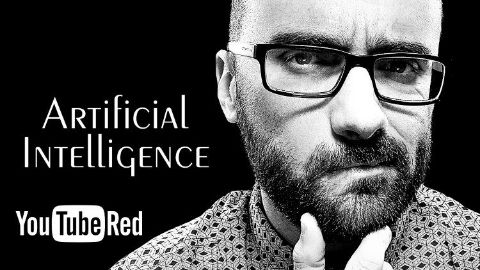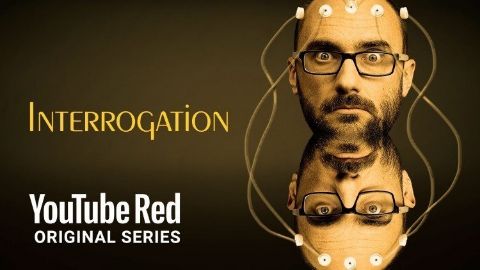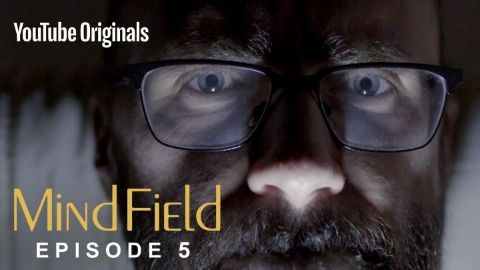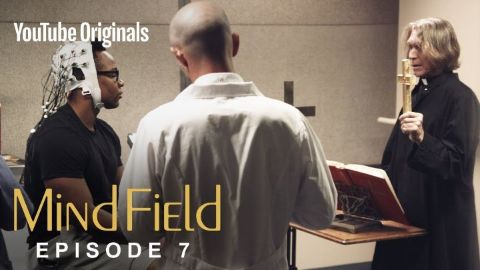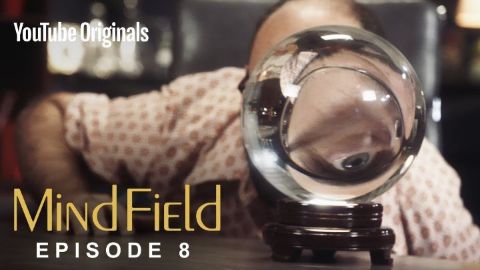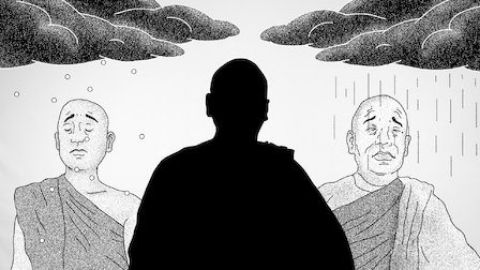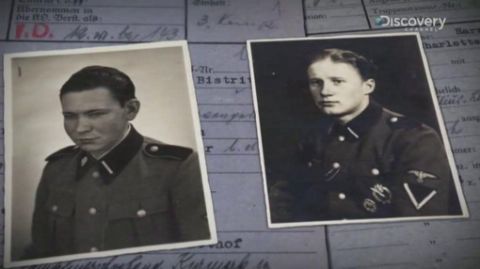Behaviour and Belief • 2019 • episode "S3E7" • Mind Field
How can a lie become true? In this episode, Dr. Aaron Blaisdell and I create a game show that is actually a giant “human Skinner Box” to observe the formation of superstitious beliefs. And Dr. Samuel Veissière helps me design and perform a placebo reverse exorcism, harnessing the power of belief in both science and religion to convince normal people that a spirit has possessed their bodies.
Make a donation
Buy a brother a hot coffee? Or a cold beer?
Hope you're finding these documentaries fascinating and eye-opening. It's just me, working hard behind the scenes to bring you this enriching content.
Running and maintaining a website like this takes time and resources. That's why I'm reaching out to you. If you appreciate what I do and would like to support my efforts, would you consider "buying me a coffee"?
Donation addresses
BTC: bc1q8ldskxh4x9qnddhcrgcun8rtvddeldm2a07r2v
ETH: 0x5CCAAA1afc5c5D814129d99277dDb5A979672116
With your donation through , you can show your appreciation and help me keep this project going. Every contribution, no matter how small, makes a significant impact. It goes directly towards covering server costs.


